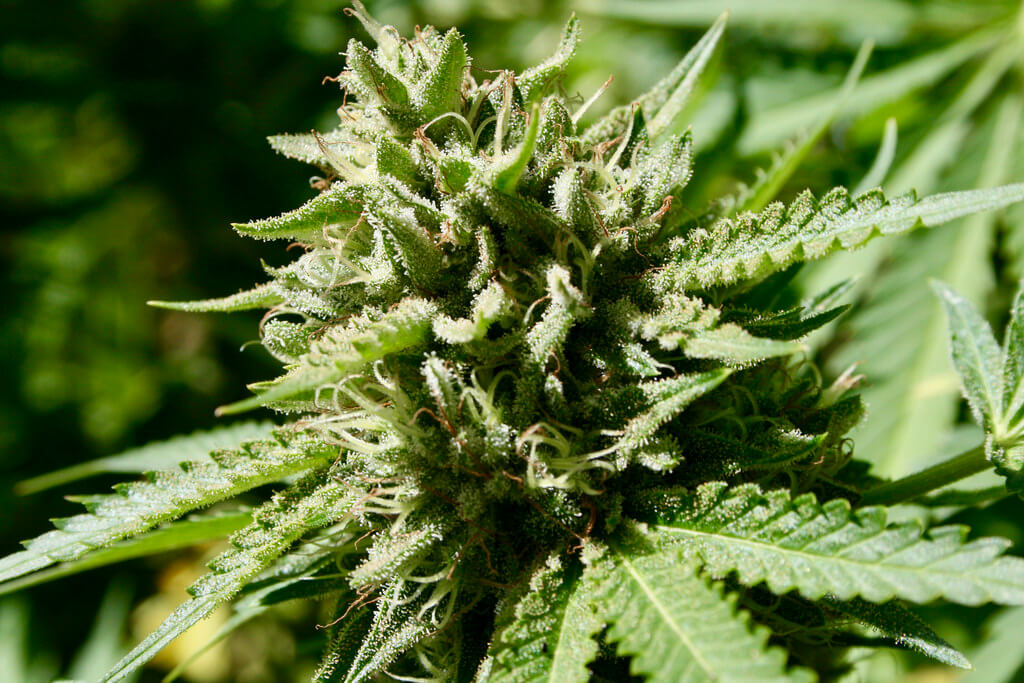When you lay the facts on the table, marijuana is a bit of a mixed bag in our society, isn’t it? While some divisions of scientists have proven that the little green plant can impede memory over a long-term period, other groups of medical professionals argue the herb can prevent brain damage. You read that last part correctly: “prevent brain damage.” So, how on earth can a drug that (for the most part) has been labeled as a brain hamper protect your gray matter from trauma? According to a recent study, the answer might lie in the drug’s glutamate-suppressant abilities and its unique capability to provide cushioning for the brain. Let’s grab our lab goggles and our gloves and take a closer look at how the fragrant herb called marijuana might possibly prevent traumatic brain damage.
Consider the Facts
Before we begin, let’s take a look at how prevalent this problem is. On a yearly basis, an estimated 2 million Americans suffer from a sports-related traumatic brain injury (TBI). Now, also consider that 17% of soldiers who were dispatched to Iraq suffered from TBIs, while (out of this group) a staggering 59% sustained multiple TBIs. Also, the fact that public stress is gradually increasing is not a particularly good piece of news for neurologists across the country. In fact, scientists have confirmed that stress increases the risk for brain disorders like dementia and severe incidences like heart attacks and strokes.
Brain Injuries up Close
Brain injuries, of any sort, are unpleasant and potentially dangerous, but doctors have continued to stress that the most severe damage is inflicted at the time of trauma. However, for victims of closed head and heart injuries, a large portion of damage sets in during (of all times) the recovery process. Here are the three main incidences that inflict trauma on the human brain:
- Rise in excitatory chemical glutamate (kills brain cells)
- Boost in freed radicals
- Onset of inflammation
Where Marijuana Comes in
Fortunately, the endocannabinoid system provides a security blanket which can boost marijuana’s potential benefit to the human body. Both CB1 and CB2 (cannabinoid-type receptors) regulate the flow of glutamate and can prevent the death of brain cells, an activity that is boosted by THC. For example, TBI victims who had THC in their systems survived at a much higher rate than people who had not consumed the psychoactive agent. Even more interesting, as shown in lab studies, rats that had been fed THC prior to a stroke experienced a higher survival rate.
Always remember that marijuana does not have control over your life. You do. Are you suffering from a substance use disorder or a severe form of addiction? Do you have a friend or family member suffering from one or more of these debilitating illnesses? If you do, get in touch with Asana Recovery today. Our counselors and healthcare experts are ready to walk you through every step of the detox and withdrawal process and rehabilitation and guide you towards living a happier, healthier, and freer lifestyle. While the road to recovery might not be an easy road to travel, we promise to help you every step of the way. Take the first step to stay fit, healthy, and safe.
The time for you to take back control of your life is now. If you are interested in one of our residential treatment or supervised detoxification/withdrawal programs, we are ready and waiting to speak with you at your disclosure. Call Asana now at (949) 438-4504 to learn how to overcome your drug abuse or addiction troubles today.



